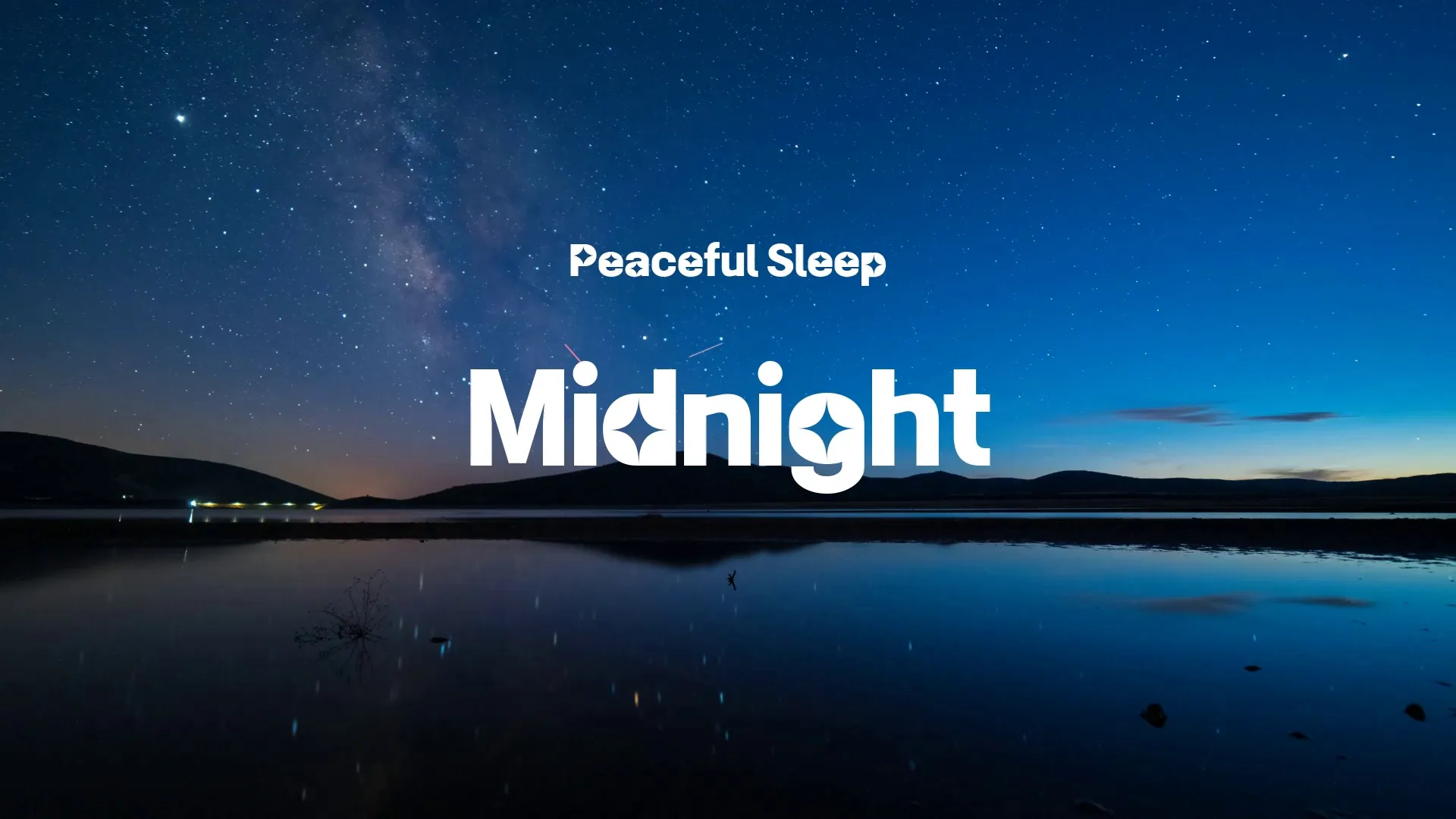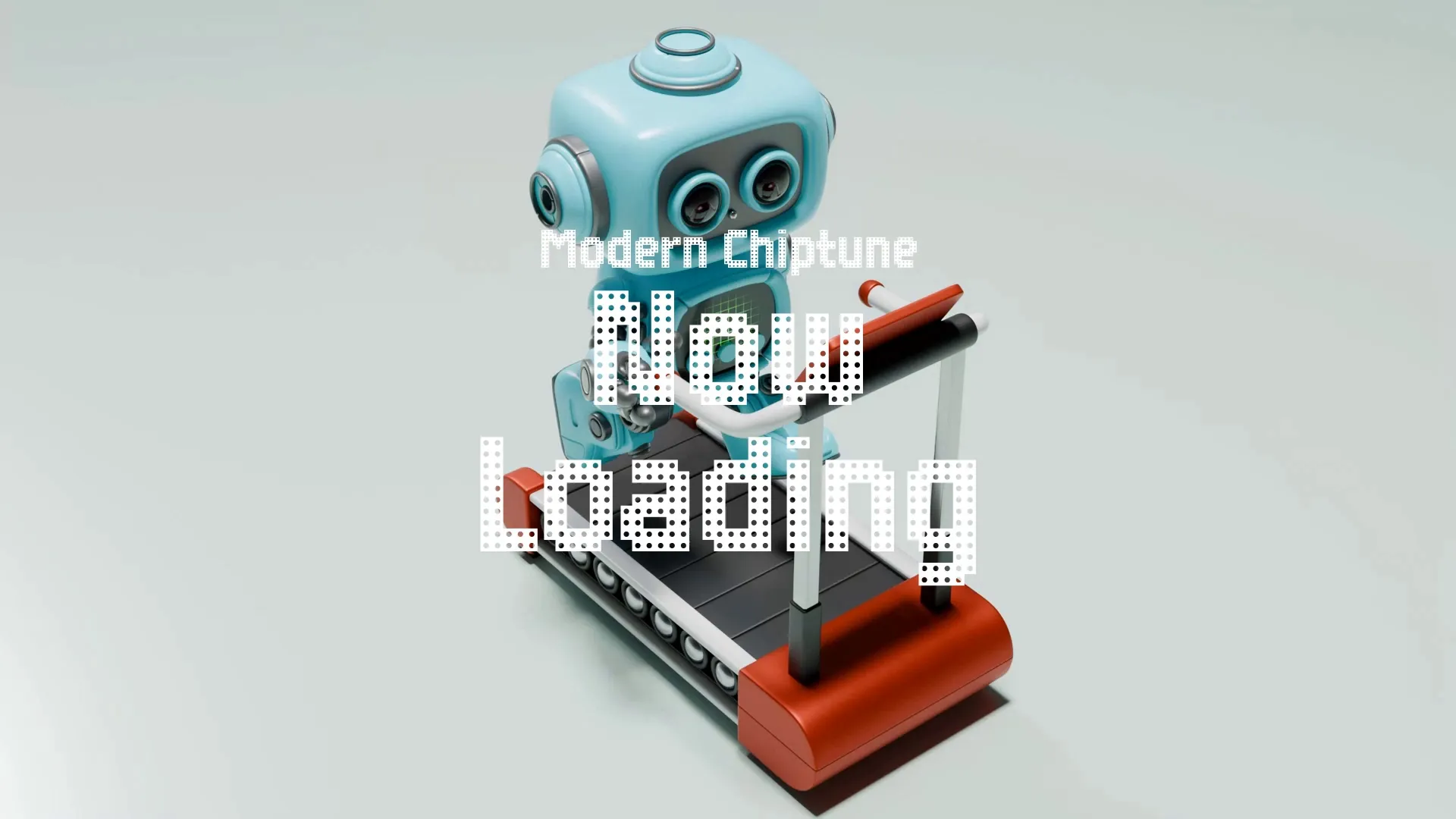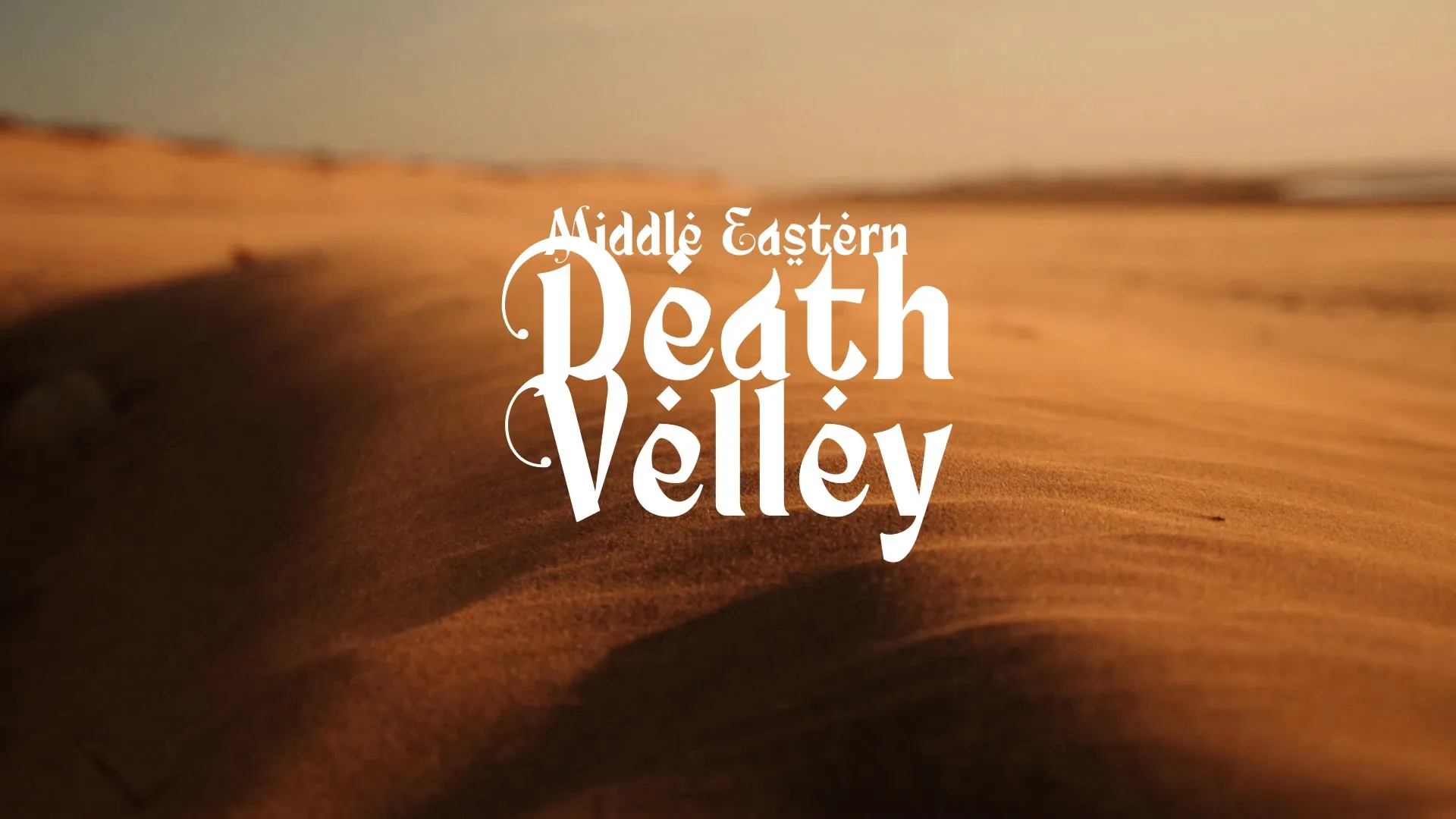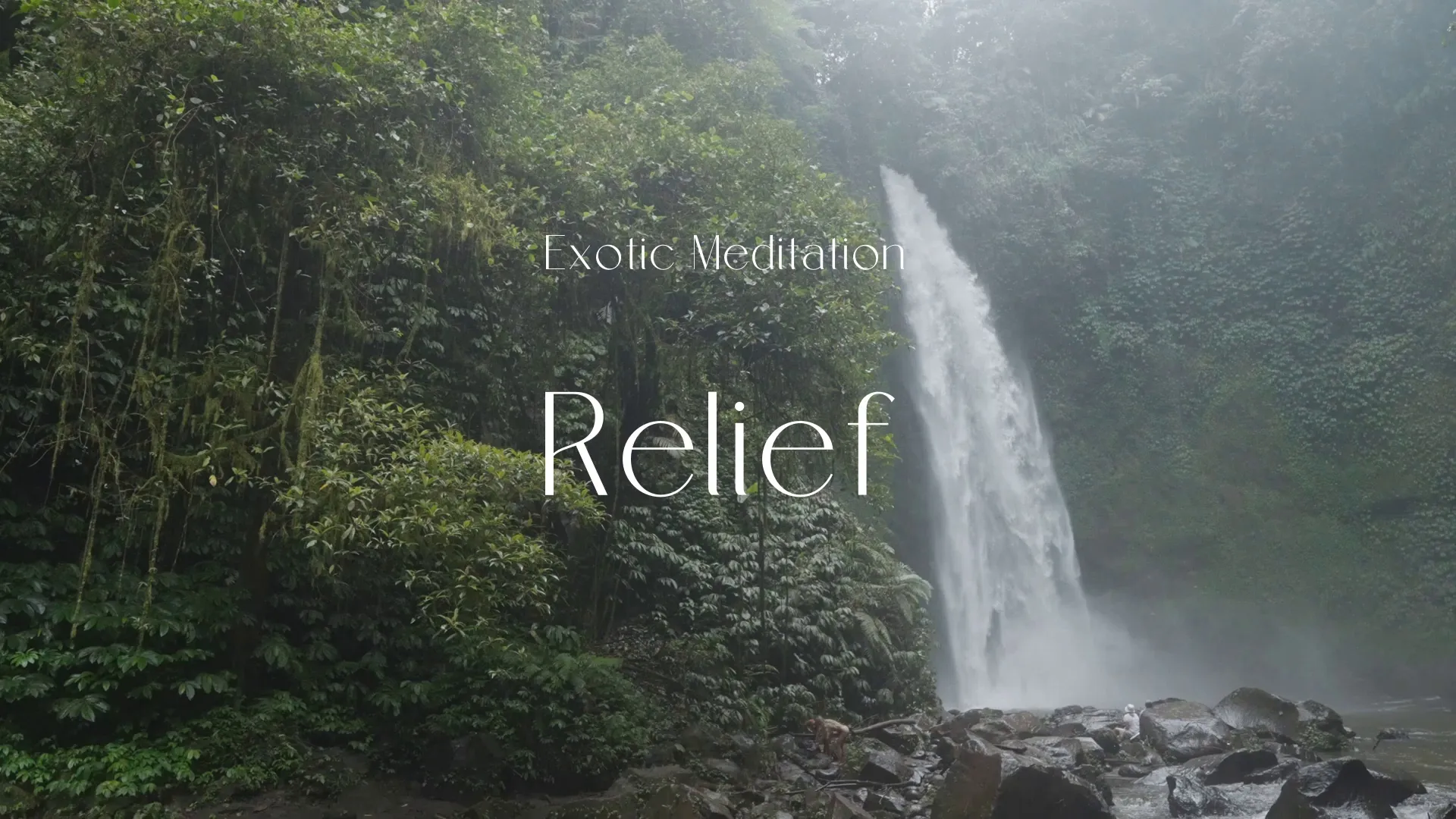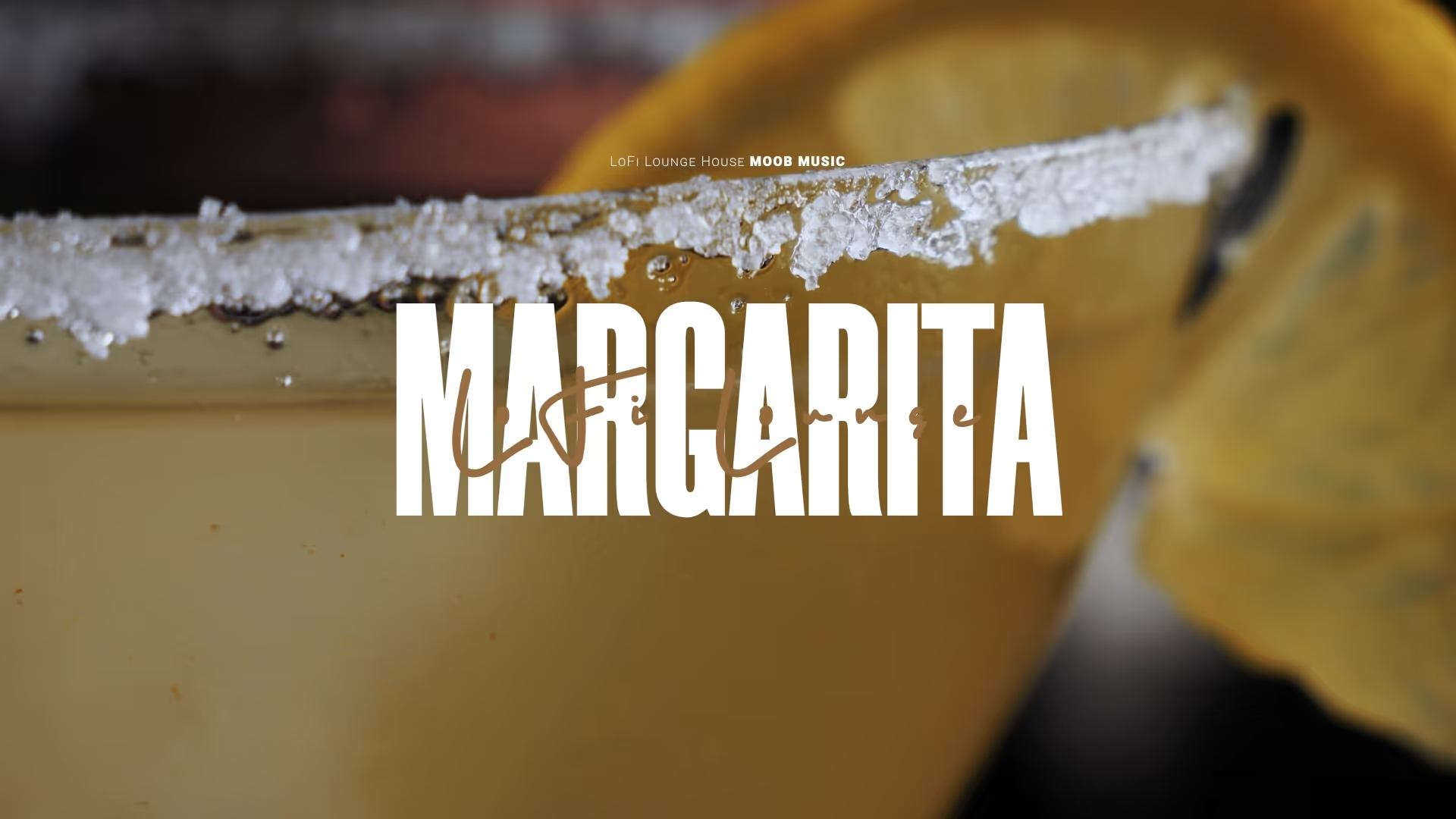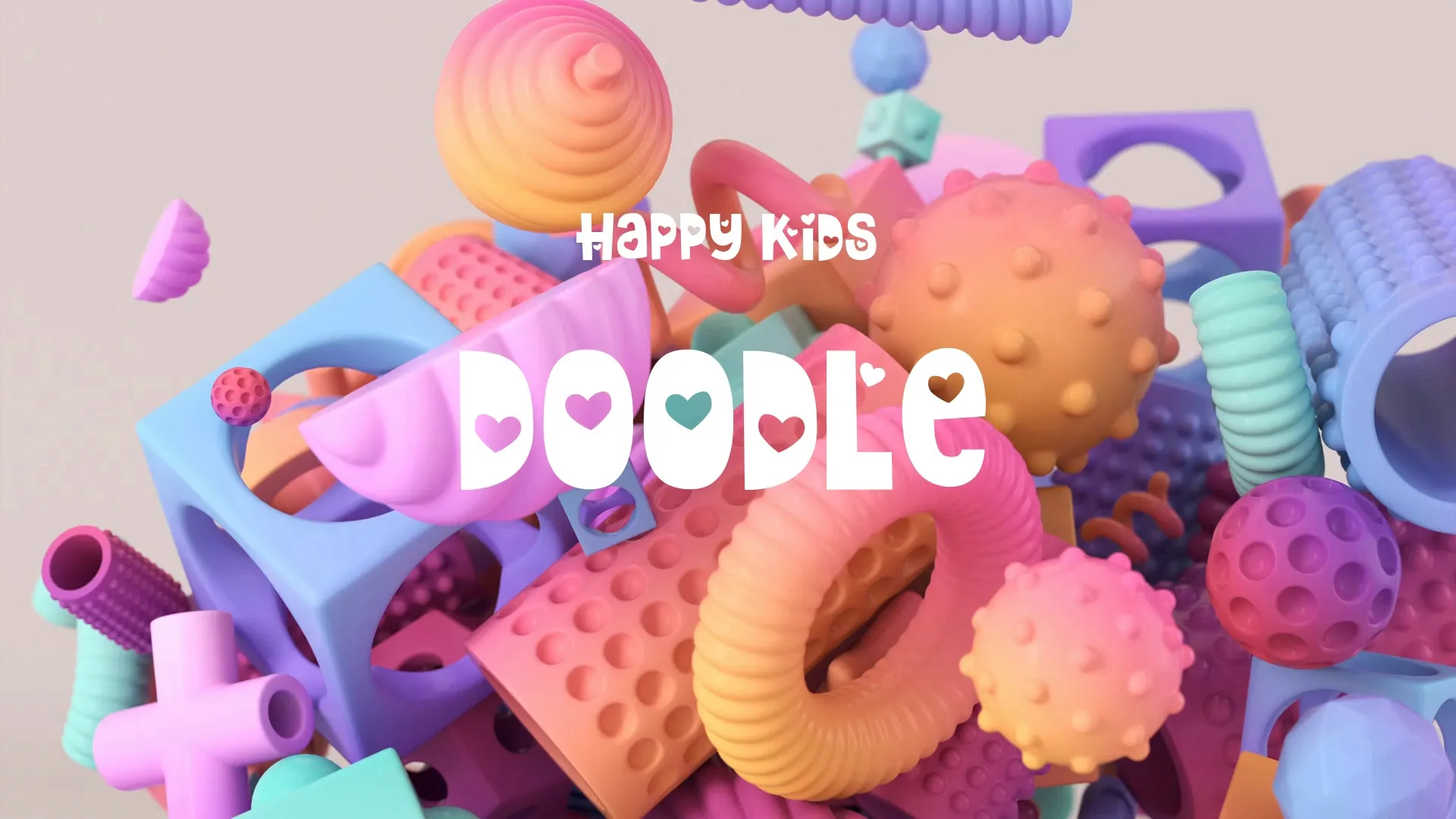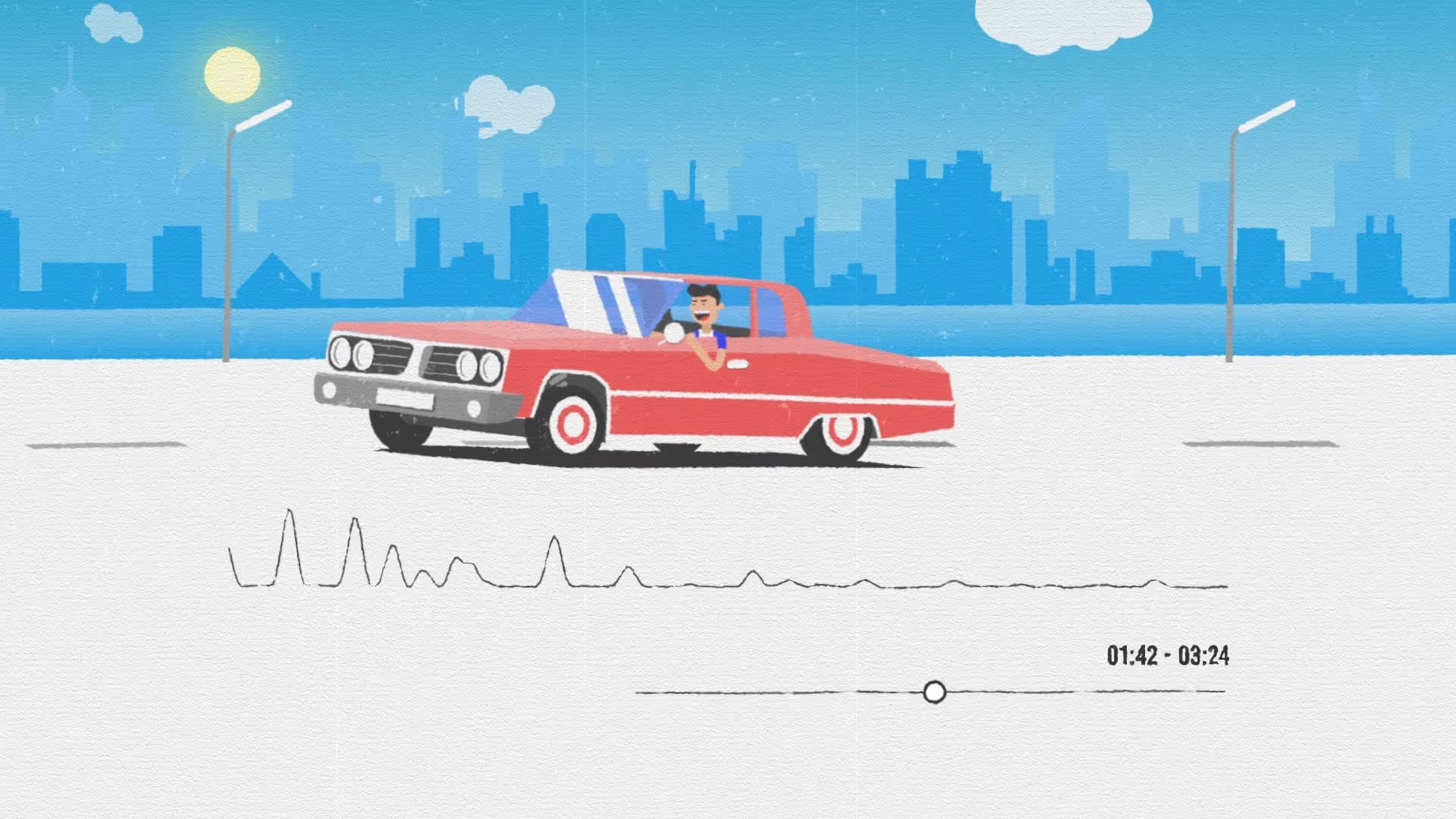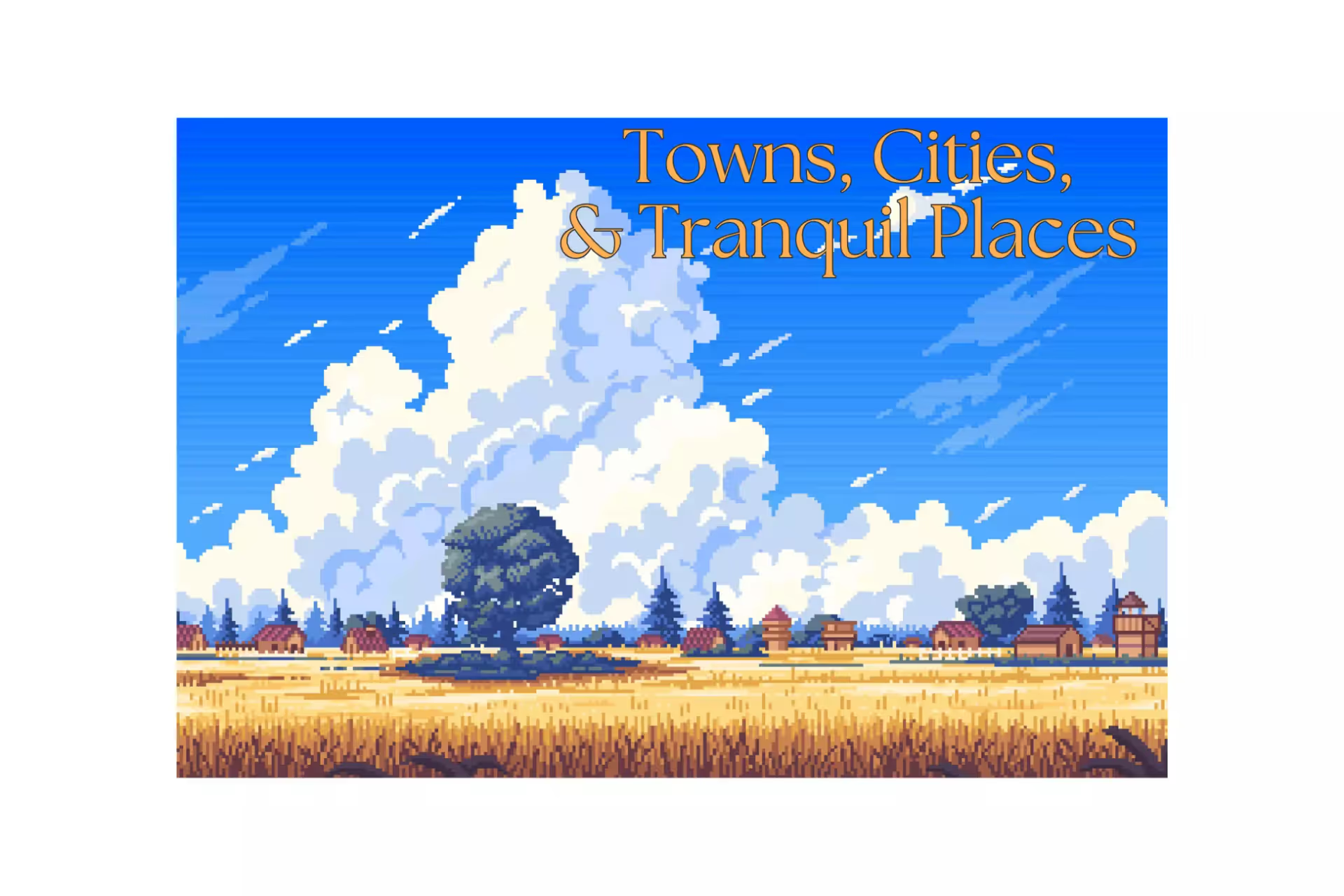Best Royalty-Free Audio for Games: Legal Use & Workflow Tips for Indie Devs
Sound design often takes a backseat for indie developers, yet it significantly impacts player immersion. Relying on quality royalty-free audio can elevate your game without demanding a large budget or dedicated sound engineer.
Understanding what ‘royalty-free’ truly means is crucial. It signifies that you pay a one-time fee or access the asset for free, then use it commercially without ongoing payments based on revenue or usage.
This differs from ‘public domain’ or ‘creative commons’ licenses, which have their own distinct terms and restrictions. Always read the specific license agreement for each audio file you intend to use.
Finding high-quality royalty-free audio requires knowing where to look and what to prioritize. Platforms like Wayline’s Strafekit offer curated libraries of sounds and music, ensuring both quality and proper licensing.
When selecting audio, consider its fidelity, emotional resonance, and how well it fits your game’s aesthetic. Poor quality audio can detract from even the best visuals and gameplay.
Legal use hinges entirely on understanding the license accompanying each asset. Most royalty-free licenses allow commercial use, but some may require attribution or have limitations on modification.
Verify if the license permits use in commercial video games, as some licenses are restricted to non-commercial projects or specific media types. Failing to do so can lead to legal complications down the line.
Maintain a clear record of where each audio asset came from and its specific license terms. A simple spreadsheet tracking source, license type, and attribution requirements can save significant headaches.
Integrating audio efficiently into your game development workflow is key. Organize your audio files logically within your project, using consistent naming conventions.
Consider using a digital audio workstation (DAW) for basic editing, such as trimming, looping, or adjusting volume, even for royalty-free tracks. This allows for better integration and polish.
Optimize audio files for your game engine to prevent performance issues. This often involves converting to appropriate formats and compressing files without sacrificing too much quality.
Many game engines, whether you’re using Unity, Unreal, or Godot, offer built-in tools for managing and optimizing audio assets. For more on engine selection, read our guide on Unity vs. Unreal vs. Godot: Choosing Your Engine in 2025.
Common pitfalls include assuming all ‘free’ audio is suitable for commercial use. Always double-check the license, even on seemingly reputable sites.
Create a free account, or log in.
Gain access to free articles, game development tools, and game assets.




